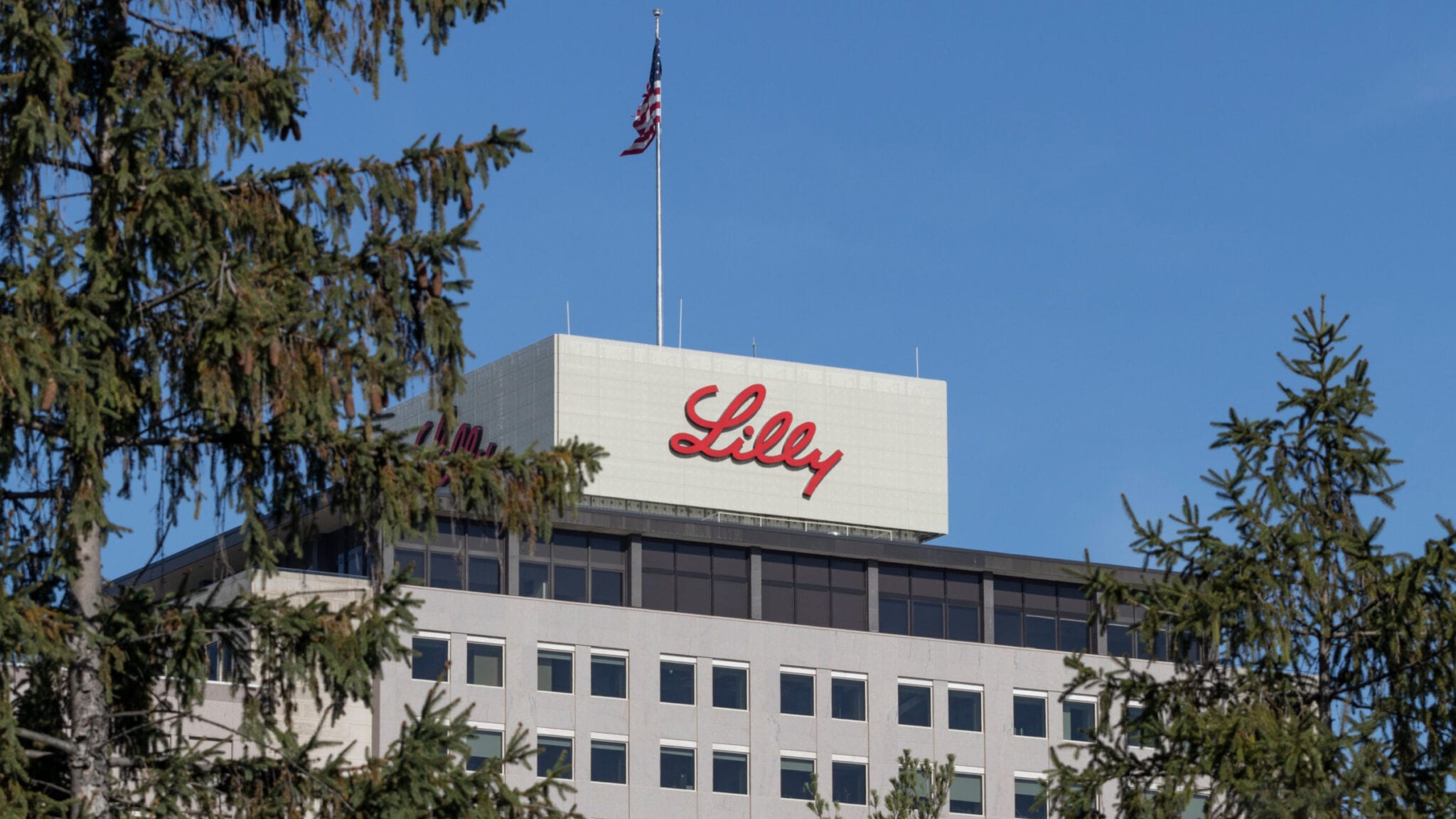
Eli Lilly serves up a win over Biden's HHS in drug discount court case
In the battle over a growing federal drug discount program and whether pharma companies can unilaterally change what entities receive certain discounts, the industry was …
Sign up to read this article for free.
Get free access to a limited number of articles, plus choose newsletters to get straight to your inbox.